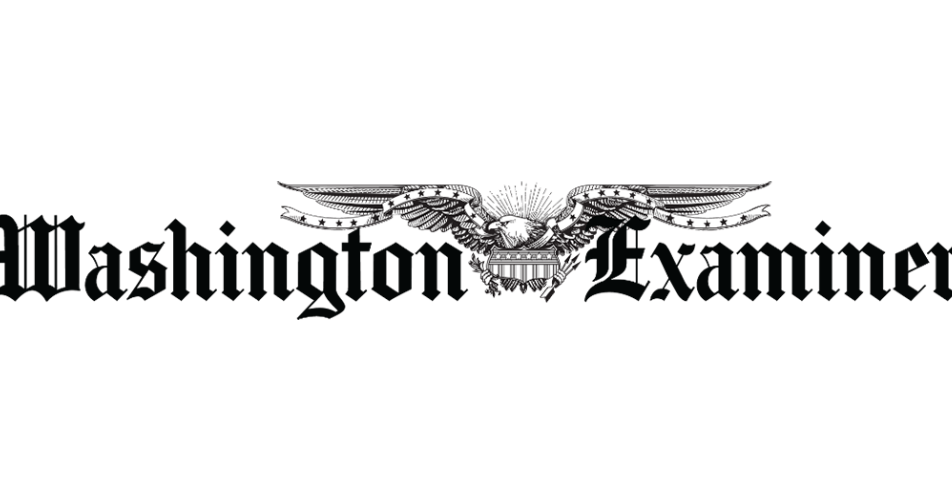The deployment of the District of Columbia National Guard troops has been extended through December 2023, according to an official announcement made on Wednesday. This decision comes as part of a broader federal law enforcement initiative aimed at addressing crime in the city. Under the orders issued by President Donald Trump, the National Guard has been actively involved in the enforcement and safety measures alongside the Metropolitan Police Department.
The extension ensures that the Guard members continue to receive full benefits and pay during a mission that is expected to last several months. While not all of the 950 Guard members stationed in Washington D.C. will serve until December, the orders signal that their operational role is unlikely to conclude in the near future. Guard members typically need to be on active orders for more than 30 days to qualify for benefits, and repeated extensions can sometimes disrupt their service.
Additionally, around 1,300 National Guard soldiers from various states, including West Virginia, Louisiana, Mississippi, Ohio, South Carolina, South Dakota, and Tennessee, are also present in Washington. The timeline for their deployment remains uncertain, and officials are expected to issue guidance regarding leave and time off, further indicating an extended presence.
Concerns Surrounding Deployment and Duties
The presence of National Guard troops in the capital has drawn criticism from various quarters, with some describing their deployment as excessive and a potential overreach of authority. Questions have arisen concerning the nature of their duties, particularly as the troops have been seen engaged in non-traditional roles, such as cleaning up trash and performing groundskeeping tasks.
The Joint Task Force-District of Columbia has stated that Guard members have successfully cleaned over 3.2 miles of roadways, collected more than 677 bags of trash, and disposed of five truckloads of plant waste in cooperation with the U.S. National Park Service. While these activities are framed as community service, they have sparked debate about the appropriate use of military resources.
Master Sgt. David Bowden expressed these concerns, noting that such cleanup efforts may undermine the readiness of the troops. “It’s a question,” Bowden remarked, “that I and a lot of other higher enlisted are asking.” This sentiment reflects a broader unease among service members regarding their operational effectiveness while engaged in non-combat roles.
In light of these developments, the Joint Task Force has acknowledged awareness of concerns related to pay and benefits for members deployed in Washington. The task force emphasized that, while exceptions exist, the majority of service members are mobilized on orders extending beyond 30 days, ensuring they qualify for full benefits.
As the situation evolves, the impact of the National Guard’s extended presence in Washington D.C. will continue to be scrutinized, particularly regarding its implications for both public safety and military readiness.
